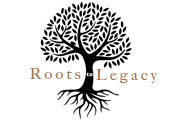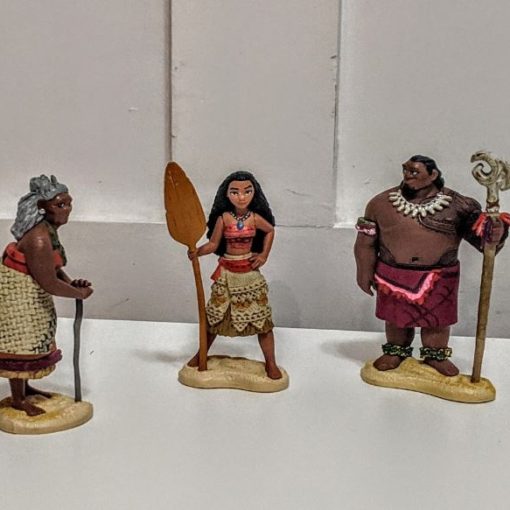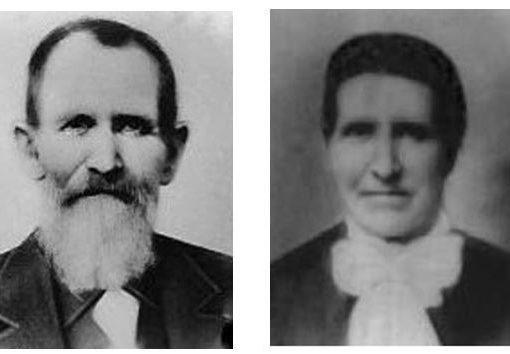Journaling is all the rage these days. This is a great thing. I believe journaling is tremendously beneficial for mental clarity today and future reflection. It is also hugely beneficial for those you will eventually leave behind, especially your children. Think about it, you have thoughts, ideas, experiences, and goals every day. Most of these are contained in your mind. You don’t go around sharing everything that goes through your head and even if you did, when your children are small, they are not at a developmental stage to process and understand what most of it would mean or the significance of what you were sharing. It will be many years before they are ready to understand your thoughts, lessons, wisdom, experiences and advice. Even if they are at an age to be able to grasp the importance and nuances of these things, they are not going to remember it all on their own. This is why journaling is so important.
Keeping a journal or diary is how you can preserve the lessons you’ve learned, the advice you have to share, and the essence of who you really are. Without a journaling practice, the vast majority of who you are will be lost, even to those who know you best. It is sobering to think that my daughter will never remember any of the experiences I’ve had with her up to this point. This will continue for at least the next couple of years. This is why in every video and audio clip I make with or for my daughter I tell her that I love her, because I do and I want to make sure she knows it, no matter what happens to me. There are things I want to make sure she knows and remembers. There are things I want to teach her. There is wisdom I’ve gained that I want her to learn and use earlier in life than I was able. I want her progression to be accelerated so she can get as much out of life as possible. If I don’t preserve the things I know, there’s a chance she will never be exposed to them, or that she won’t be able to grasp or learn them as well as she could have with the help of a journal.
Keeping a journal or diary is how you can preserve the lessons you’ve learned, the advice you have to share, and the essence of who you really are.
A few days after my dad passed away I found two journals that he had started many decades before. There were only a handful of entries in each. One was from before I was born and the other contained his thoughts from right around the time I was a baby. Reading those entries hit me hard. I broke down with emotion. There were so many emotions those journal entries struck. They revealed his pure heart, a pure heart everyone who knew him could attest to. Those entries were simply a piece of physical evidence to how pure his heart was, it was a confirmation that my dad truly was the man I knew he was. Here were his private thoughts. He took time to write them down, I felt like they were for him, as if he had no consideration that others might read them someday. In those words there was no guile, only pure honest thoughts from a young husband and father trying to do the best for his family. Emotions were also spurred by seeing a glimpse into some of his dreams, and knowing he had been taken before some of them had been fulfilled, but knowing that he was still happy and content despite some of those goals being out of reach. It was powerful and changed something in me. It fueled my desire even more to make sure I lived in the ways he was no longer able. I knew he wanted me to have and experience everything I dreamed and live life to the fullest.
In that moment, and still today, how much I would give to have more journal entries from him. To be able to glimpse into the workings of his mind and pure heart would be invaluable and cherished beyond measure.
Some journals consist of daily tasks performed and short term goals to accomplish. These are good and helpful for us today, but journals that contain deeper reflection and contemplation can be much more beneficial for those we leave behind. Think about the wisdom you’ve gained in your life. Take some time, even 20 minutes, to sit alone and think. What have you learned that had benefitted you and you would want your children to learn faster than you learned it? Write those things down or record them in some way. Think about the questions you still have and the things in the world you would like to better understand. These types of questions and problems you are trying to solve reveal much about you, your heart, and desires. They frame how you see the world and give others a glimpse into how they might try to view it themselves.
Keeping a journal does not have to be a difficult, complicated, or time consuming venture. Even spending 15 minutes a week will produce 13 hours of reflection and recording a year. There is a lot of wisdom and lessons that can be compiled in 13 hours. Once you get going you most likely will end up journaling for more that those 15 minutes, so you’ll probably end up doubling that time in a year. That would be equivalent to setting aside one day every year where you reflected and recorded your thoughts and feelings for the entire day. Set that time aside and make it a habit. Have a set of prompts to start with, but let your mind wander and produce whatever you feel you might want to share in that moment.
Here are some prompts you can begin each session with:
- What did I learn this week?
- What problems did I address or resolve this week?
- What experiences did I have this week that helped me grow?
- What are some of my concerns for the near future and what am I doing to navigate them?
- What do I want to accomplish regarding _________ in the next six months?
These prompts are just to give you an idea of where to start. You can take any angle you feel is best for you.
Speaking about his own journaling habit on the Tim Ferriss Podcast, Magician Penn Gillett had some great advice. He said, once you have made this a habit for a year or more, you can start going back each session to your entry from a year earlier, two years earlier, etc. and see what growth you have had, or not. Having this record of your thinking and insights can be invaluable. Penn Gillett mentioned that if he looks back and notices that there is something he noted a year or two earlier that he hasn’t made progress on or a problem that he still has, it is a huge wake-up call to make some changes. When I heard him describe this it was a wake-up call for me. Imagine how many problems we have in our lives that have persisted for years but we haven’t focused on them because they just aren’t brought to our attention very often. If we have no record of our thoughts they may become stagnant overtime and we won’t take the actions we should to help them evolve. Journaling can have great benefits for your own progression and lasting benefits for those you leave behind. Leaving a record of the way you thought, what you have learned, and the things you have done, gives your posterity a better view of what is possible for them and the wisdom they can use to navigate the world you left for them.





